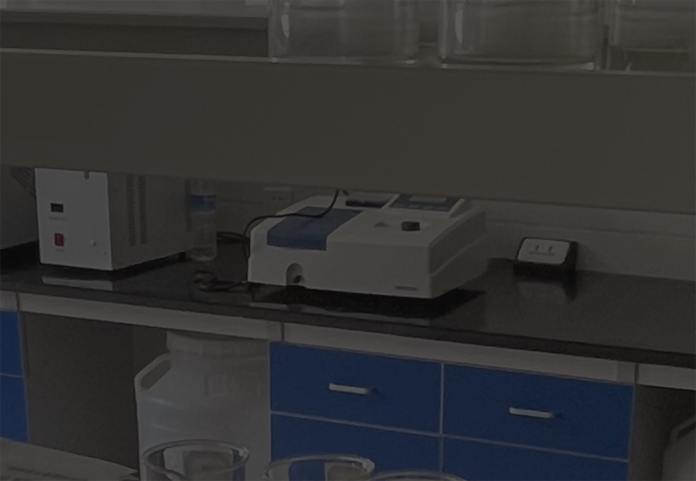
Dec . 04, 2024 01:57 Back to list
china hpmc-hydroxypropyl methyl cellulose
Understanding Hydroxypropyl Methylcellulose (HPMC) in China
Hydroxypropyl Methylcellulose (HPMC) is a versatile, non-ionic thermoplastic polymer derived from cellulose, which has gained significant popularity in various industries, particularly in construction, food, pharmaceuticals, and cosmetics. In China, the production and utilization of HPMC have witnessed remarkable growth over the past few decades, making it a vital component in a wide range of applications.
Production of HPMC in China
China is one of the largest producers of HPMC globally, thanks to its robust agricultural sector that provides ample cellulose sources. The production process involves the modification of cellulose fibers, which are first treated with propylene oxide and methyl chloride to produce the hydroxypropyl and methyl ether groups. The result is a compound that exhibits unique properties, including improved water retention, adhesive characteristics, and enhanced film formation capabilities.
The Chinese HPMC production industry has modernized significantly, adopting advanced manufacturing techniques and stringent quality control measures. As a result, the country is now home to numerous manufacturers who cater to both domestic and international markets. These manufacturers not only produce HPMC of various grades but also engage in research and development activities to innovate and improve their product offerings.
Applications of HPMC
1. Construction Industry HPMC plays a crucial role in the construction sector, where it is used as an additive in cement-based materials. Its water-retaining properties enhance the workability of mortars and plasters, allowing for better adhesion and smoother finishes. HPMC also helps to reduce the risk of cracking and improves the durability of construction materials.
china hpmc-hydroxypropyl methyl cellulose

2. Pharmaceuticals In the pharmaceutical industry, HPMC is widely used as an excipient in tablet formulation due to its binding and film-forming properties. It acts as a controlled-release agent, which is essential for prolonging the therapeutic effects of medications. Moreover, HPMC is also employed in the production of capsules and as a thickening agent in liquid formulations.
3. Food Industry HPMC is approved for use in food products and serves as a thickener, stabilizer, and emulsifier. It's commonly found in processed foods, contributing to texture and moisture retention. The growing trend towards clean-label products has spurred interest in using plant-derived ingredients like HPMC instead of synthetic additives.
4. Cosmetics and Personal Care In the cosmetics industry, HPMC is valued for its ability to form films and provide a smooth, silky texture to formulations. It's often utilized in lotions, creams, and gels, enhancing product stability and improving sensory attributes.
Future Prospects
The demand for HPMC in China is expected to continue its upward trajectory, driven by the country's rapid urbanization, expanding pharmaceutical sector, and increasing consumer demand for high-quality food and personal care products. Furthermore, as environmental concerns rise, the trend towards sustainable and biodegradable materials will also bolster the growth of HPMC, given its natural cellulose origins.
In conclusion, Hydroxypropyl Methylcellulose is poised to remain a key player in various industries in China. Its multifunctional properties and adaptability make it indispensable in addressing the needs of modern applications. As China continues to advance its manufacturing capabilities and focuses on innovation, HPMC will undoubtedly play an integral role in the country’s industrial landscape for years to come.
-
Unlocking the Benefits of HPMC Products: A Gateway to Versatile Applications
NewsAug.07,2025
-
Unleashing the Potential of HPMC Ashland: A Comprehensive Look
NewsAug.07,2025
-
Tile Bonding Cellulose: The Key to Superior Adhesion and Durability
NewsAug.07,2025
-
Hydroxypropyl Methylcellulose Powder: The Versatile Component in Modern Pharmaceuticals
NewsAug.07,2025
-
Hydroxyethyl Cellulose: The Versatile Solution for Various Industries
NewsAug.07,2025
-
Hydroxyethyl Cellulose (HEC): The Versatile Polymer for Various Applications
NewsAug.07,2025







